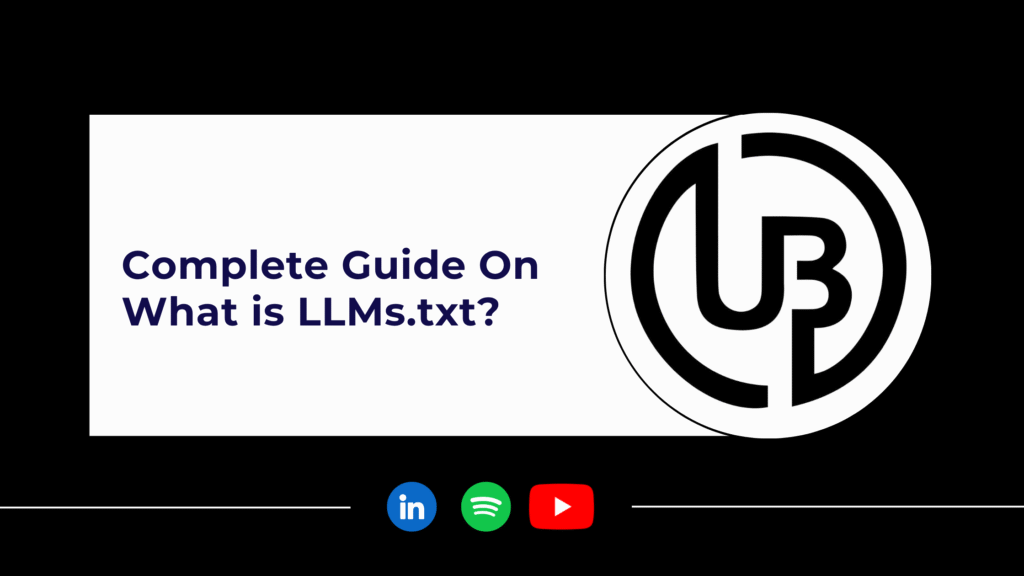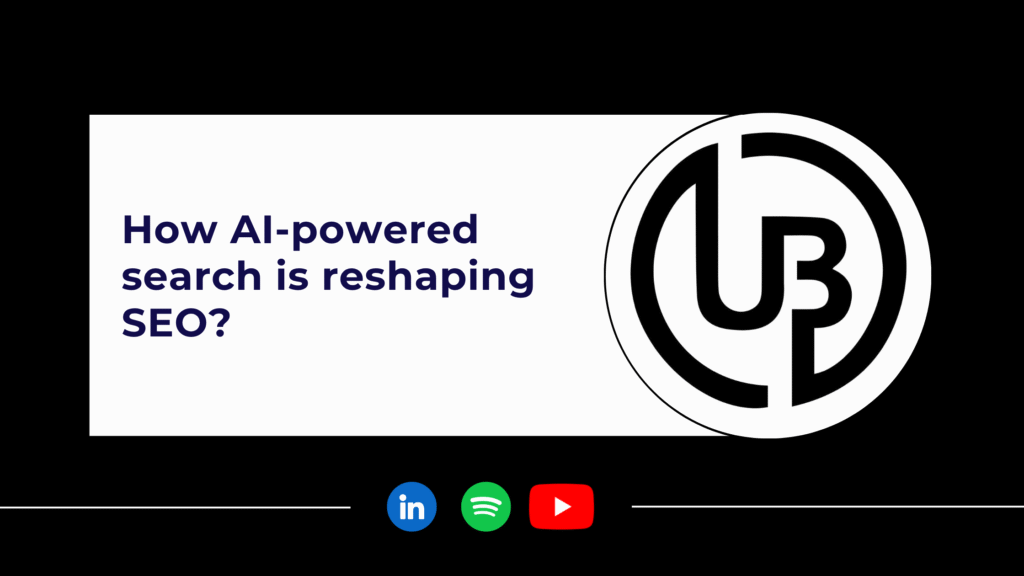AI has evolved significantly over the past couple of years – and has impacted how we interact with technology and search engines are no exception. As Google continues to grow, traditional keyword based research will be replaced by AI Mode. But what is AI Mode and why is that going to become the default way we search online?
The Limitations of Traditional Search
For many years users have been dependent on typing keywords into the search bar and going through several links of websites to find the information they need. This method is very effective, but it has its limitations:
- Mobile usability is messy, especially when it comes to smaller screens.
- Users are required to do most of the work – analysing data, visiting multiple pages, and processing information.
- Search intent isn’t always understood, leading to inaccurate results.
As our digital lives become more intricate, these limitations stand out more clearly.
AI Mode: A Smarter Way to Search
Google’s AI mode is a massive shift from the more conventional approach. Fueled by large language models (LLMs) and sophisticated machine learning, AI ensures to grasp your words and context, intention, and subtleties of your questions.
How does it work?
- You ask a natural question
- AI interprets your query, pulls data from the web, delivers good answers
- It can carry conversations and modify answers for follow-up questions
This degree of interaction transforms searching from simply querying a database into a more conversational experience with an intelligent assistant.
Why AI Mode Will Take Over
There are many reasons why AI mode may be the new default:
- Integration with Other Services: Google is in the process of implementing AI with other services like gmail, docs, maps, and calendar. This creates a seamless user experience and takes action within the user interface.
- Prioritise Mobile-first design: As more and more people use mobile phones, AI mode’s interface and voice interaction capabilities make it suite for smartphones.
- Improved User Experience: AI handles a lot of the summarisation and interpretation, users get faster and more reliable information, without the need to click through links of many websites. This is less time consuming.
- Personalisation: AI mode has the ability to customize responses based on user history, preferences, and behavior patterns, offering a personalized experience that traditional search just cannot match.
- Natural Language: A lot of people seem to be more comfortable with typing or speaking naturally rather than using specific keywords. AI mode delivers a more conversational input, making search more intuitive and accessible.
Challenges:
Even with its potential, AI mode faces certain hurdles:
- Bias in AI generated content
- Ensuring accuracy and fast checking
- Data privacy concerns
- Potential impact on organic website traffic
Looking Ahead
Traditional search may not dissipate overnight, but AI mode certainly is already making waves when it comes to future use of information access. Google’s earlier initiatives with search generative experience (SGE), offer a preview of this evolution. As AI continues to grow in accuracy, reliability, and implementation into our daily routines, AI is going to transition from an optional feature to default search experience.
Final Thoughts
The shift from keyword-based queries to AI-driven interfaces is a significant transformation in the web’s evolution. With its ability to absorb context, create insightful responses, and align with individual needs, AI mode ensures a promising and smarter way to navigate online information. So, whether you accept this shift with enthusiasm or see it as a caution, one fact is true: the future of search is undeniably becoming more intelligent.
Read More

